Where Do Lamb Steaks and Roasts Come From?
My family are big lamb eaters, especially my wife. I like lamb too, but some lamb cuts more than others.
When I was a kid, a Sunday leg of lamb roast was very familiar and always served with mint jelly. But then there were those lamb chop dinners where my mom would broil them until they curled up on the edges.
So dry they were barely edible. I don’t remember lamb burgers, lamb kebabs, lamb stew, or a braised shoulder growing up but my kids have enjoyed them over the years.
Lamb Cuts Chart
I thought it would be interesting to look at various lamb steaks and roasts and which cuts are associated with them. The lamb cuts chart above is simple but allows you to see exactly where these cuts come from on the lamb.
This chart represents cuts of lamb from a United States point of view and may be different depending on what country you are from. Below is a lamb cuts chart you may find in England.
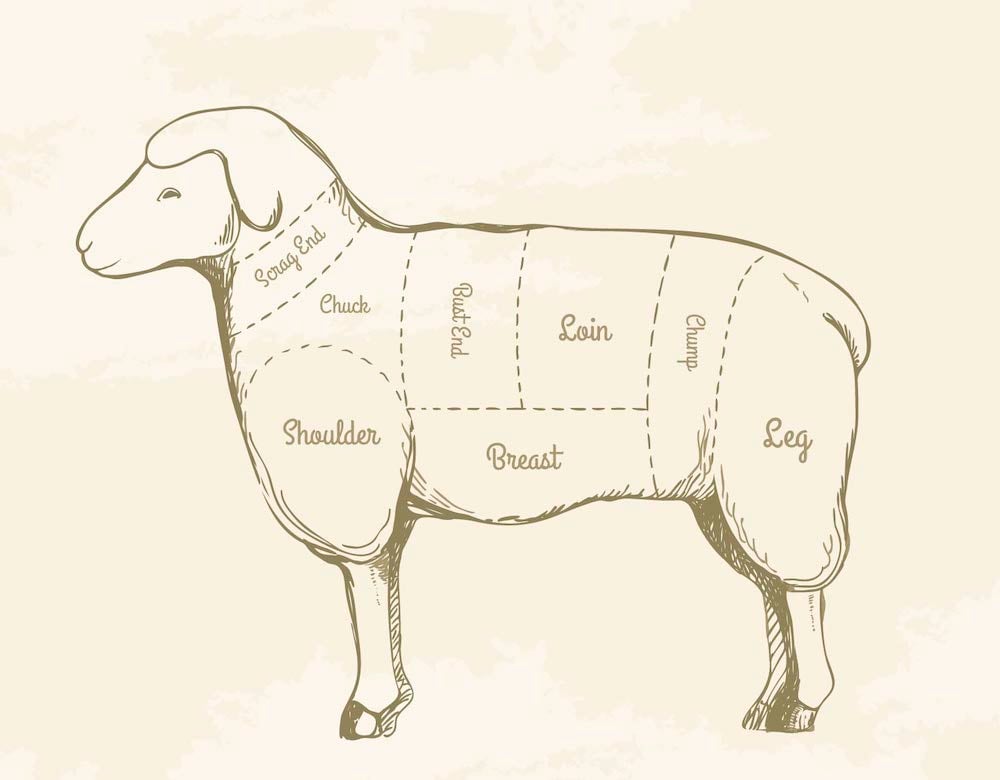
Differences in Cut’s Names
- The neck is called Scrag End
- Part of the Shoulder is called Chuck or Middle Neck
- The rib is called Best End
- Flank is part of the Breast
- Sirloin is called Chump
Lamb Flavor
Again, as a kid, I think my mom occasionally purchased mutton to save money. Mutton is an older sheep compared to a young lamb and would often taste gamey.
Lamb should not taste gamey. Yes, lamb will taste stronger than beef especially if it comes from New Zealand, but it shouldn’t taste gamey.
There are many comparisons between lamb raised in the United States versus lamb raised in New Zealand or Australia. Some say lamb from the mid-west is milder tasting than lamb from overseas.
That may be correct because US lamb is grass-fed but is sometimes finished with grain similar to how they finish cows. The grain in both cases is used to fatten them up before slaughter and adds more marbling to the meat.
The grain also leads to a milder lamb flavor. So depending on your own personal tastes, look for grain-finished lamb if you want milder flavor or grass-finished or New Zealand
Cuts of Lamb
Let’s look at the different cuts of lamb and see which ones you are familiar with. Again, let’s start at the head or really the neck.
Lamb Neck
The neck is a cut of lamb you won’t find in most supermarkets. You may be able to ask your butcher to save this cut for you to use in a lamb stew.
It is a tough cut of meat that is underrated and when cooked properly, long and slow, yields a delicious, flavorful meal. I have never had lamb’s neck to my knowledge, but I’ll look for it next time I visit my butcher.
1 lamb neck fillet will serve 2 people.
Lamb Shoulder
Moving down from the neck, you arrive at the shoulder. It is a group of muscles that can be roasted whole or cut up into chops called blade chops and arm chops. The chops are quick to cook and very tasty.
Some butchers will cut the shoulder muscles into cubes for kebabs or lamb stew, but you want them big enough, say 2 inches square, to brown nicely on the outside and stay medium-rare on the inside.
The more common method of cooking lamb shoulder is roasting the whole shoulder to an internal temperature of 145°F. I think I’ve cooked a whole lamb shoulder sometime in my life, but I can’t find any recipes I’ve posted for one. That will have to change.
There is a great website called American Lamb that has all sorts of recipes for each cut of lamb. For the shoulder, they have lamb vindaloo, lamb stir fry, lamb ragu for rigatoni, shoulder roast, slow cooker lamb curry, and many more. I can’t wait to try some of these and report back to you.
Lamb Breast
Below the shoulder and rib section comes the breast. It is actually from the belly of the lamb. This is another value cut you won’t find in every supermarket and may have to ask the butcher to order it for you.
It has quite a bit of fat and is best suited for slow roasting. This is where you’ll find lamb spareribs, or if you remove the bone, you’ll have boneless rolled breast that can be browned and then slow-cooked in the oven until it is tender and flavorful.
If you feel confident enough to remove the bone from the breast, go for it. If not, just ask your butcher to remove it for you. This is a lovely cut of lamb that many of you, including myself, don’t eat enough of.
Lamb Forshank
coming
Lamb Ribs
Behind the shoulder come the ribs. This is where that petite rack of lamb comes from and when cut into individual chops are often called lollipops.
When the meat is all trimmed off the end of the rib, and you wind up with bare bone, they called it a “Frenched” rib chop. If the entire rack is cleaned up, you have a French rack.
There are 8 ribs per rack and weighs approximately 2 pounds. You can ask your butcher to cut the rack into smaller sections or even tie 2 whole racks together to form a crown roast of lamb. Very elegant.
We buy our lamb racks from Costco already Frenched and cut them into individual “lollipops.” These are delightful and marinated in some oil and garlic and tossed on the grill for just a few minutes per side.
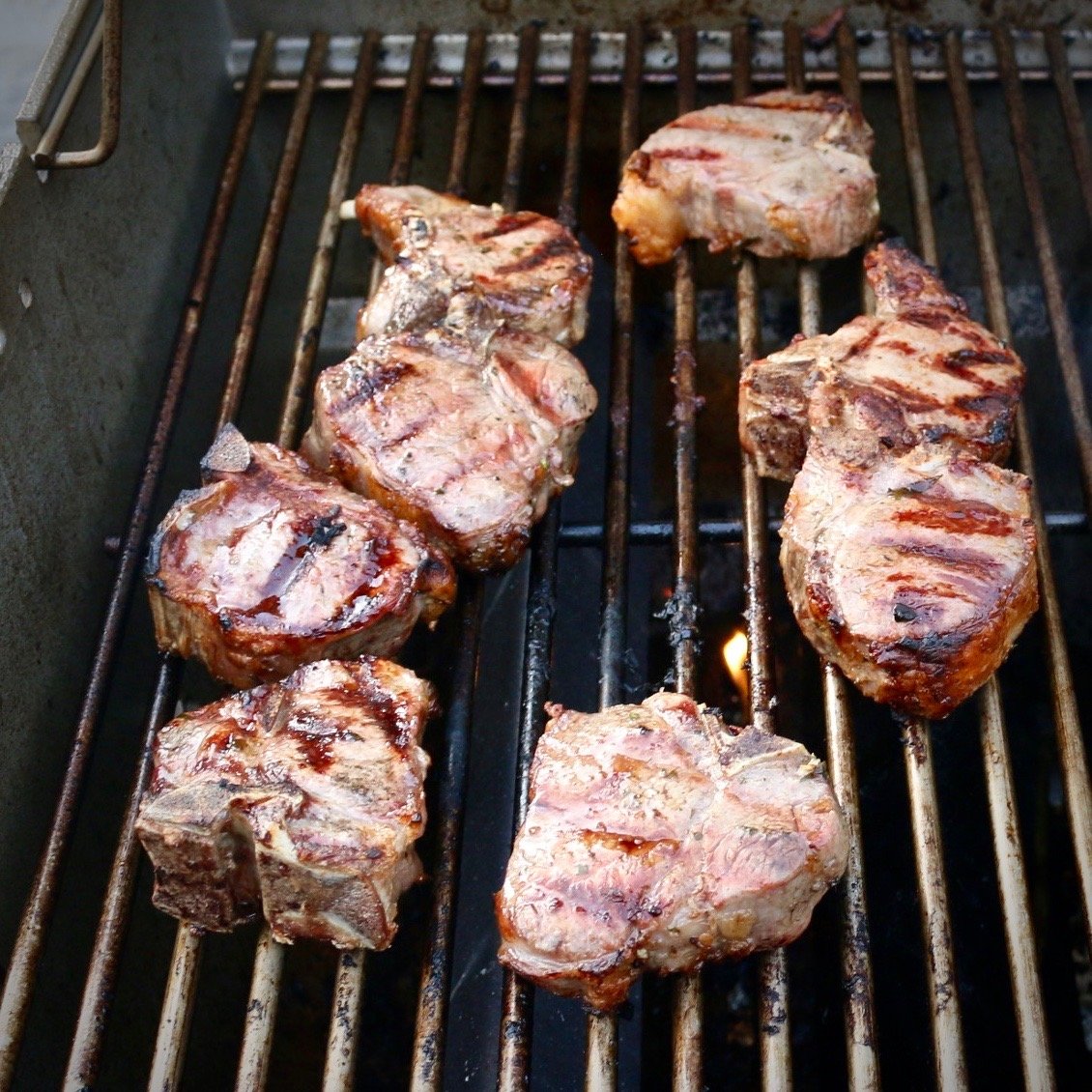
Lamb Loin
Now we’re in the expensive section of lamb. Located between the ribs and the sirloin section, this is the most tender part of the animal and some say the most tasty but I’m not sure I agree. I love a good leg of lamb.
This cut comes from the lumbar region, also called the saddle because if you were going to ride a lamb, something I don’t recommend, this is where you would sit.
This is where you find the coveted loin cuts that are incredibly tender. If you compared this to beef cuts, here’s where you’ll find the porterhouse and T-bone style cuts. Most popular are loin chops but here are some others:
- Loin chops – bone-in and boneless
- Noisettes – these are small boneless medallions of lamb wrapped in a layer of fat. It comes from the “eye” muscle of the loin and is extremely lean. The term noisette is comes from the French term meaning “little nut” or “kernel”.
- Barnsley chops – I think this cut is more popular in England because I don’t remember ever seeing it at any of my butchers. I’m going to ask my butcher friends if this is true. It is basically a double loin chop cut from the saddle roast. It gets its name from the town of Barnsley, located in Yorkshire in the North of England.
- Loin roast – You can ask your butcher to bone and roll an entire lamb loin that’s perfect for roasting.
- Tenderloin – I’ve purchased lamb tenderloins at Wegmans, and we all loved them. They are basically the filet Mignon of lamb. Not very big; they are thin and round shaped. But you’ll have a very tasty meal through a few on the grill. Very mild for those who are not big fans of lamb but want to try it.
Lamb Flank
coming
Lamb Sirloin
coming
Lamb Leg
coming
Lamb Hindshank
coming
How to Butcher an Entire Lamb: Every Cut of Meat Explained
This is my current favorite video showing a complete lamb fabrication showing all the cuts including those you are familiar with and those you may not know. If you see something in the video you’ve never tried, be sure to speak with your butcher to see if they can get that cut for you.
This video shows butcher Justin Williams from Harlem Shambles and Handcrafted. One of the best you’ll find. You’ll see all the cuts I list above in vivid detail. Justin makes it look so easy but I recommend you let your butcher do the butchering for you.

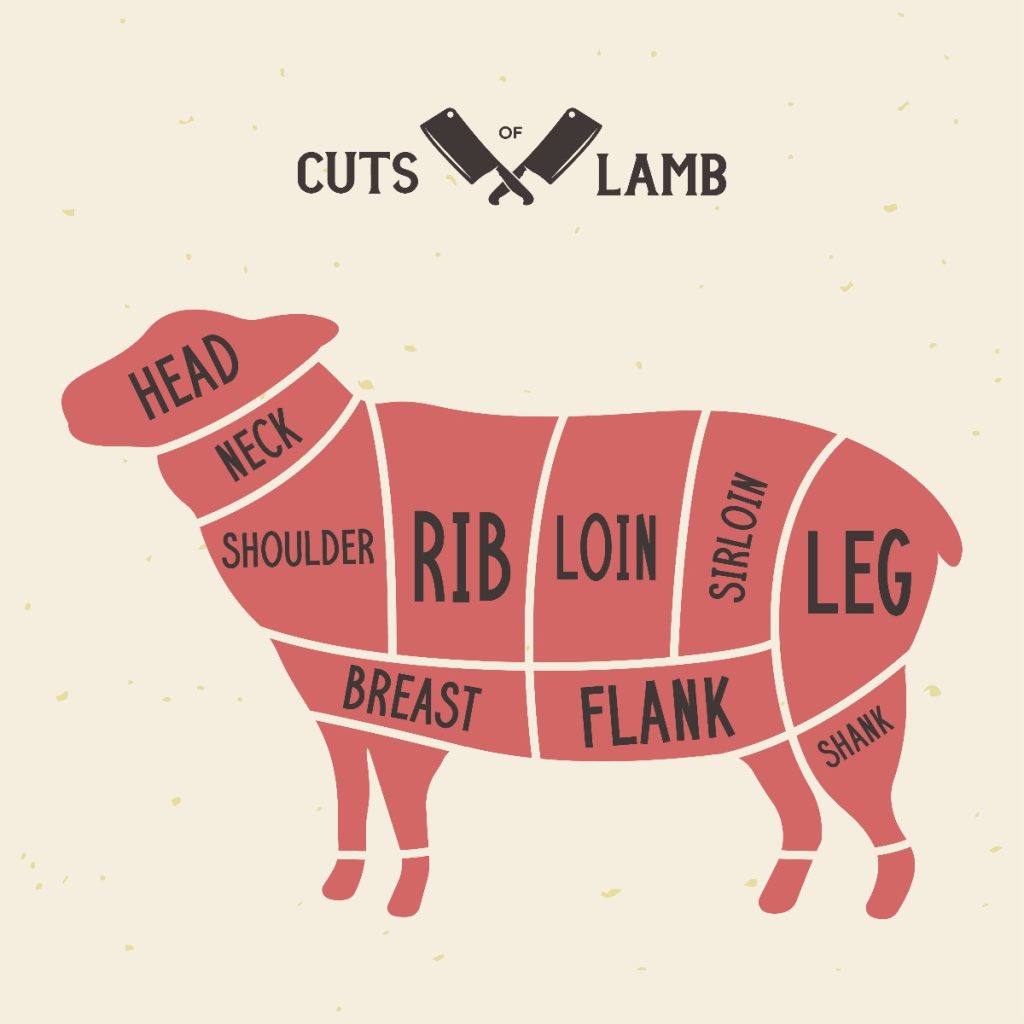
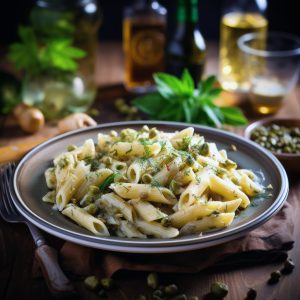
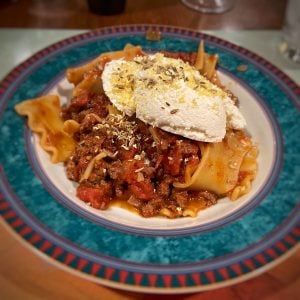


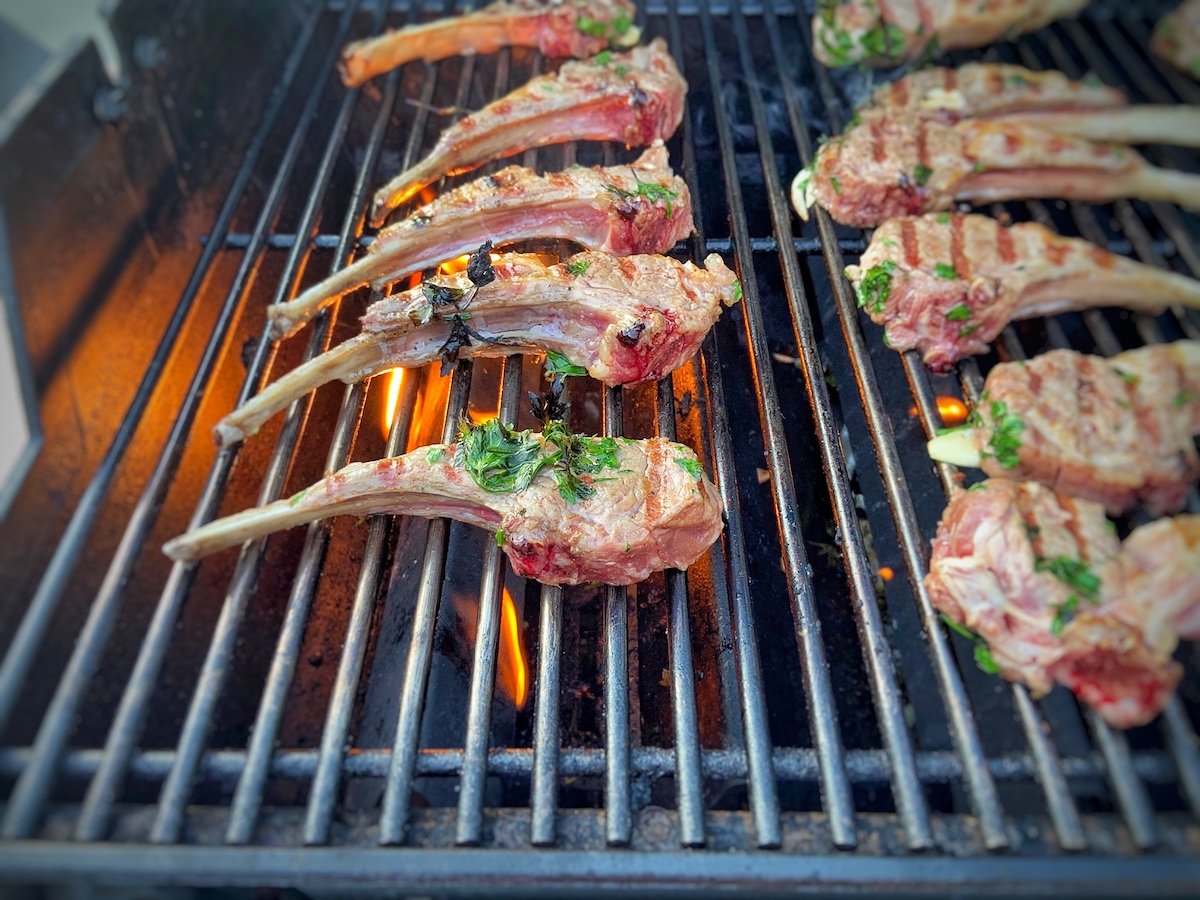
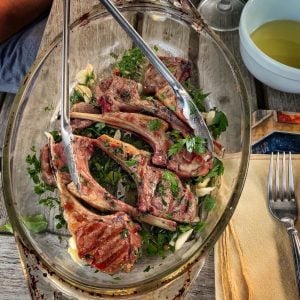
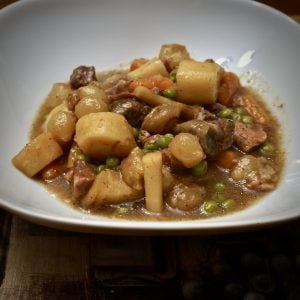
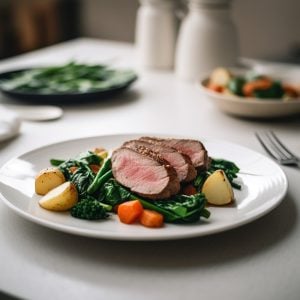
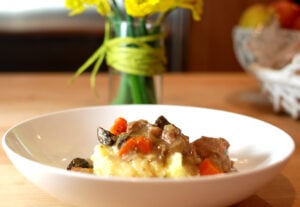
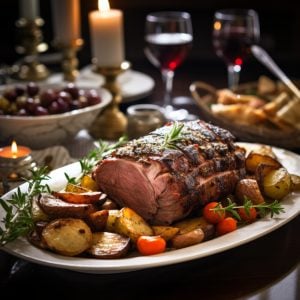
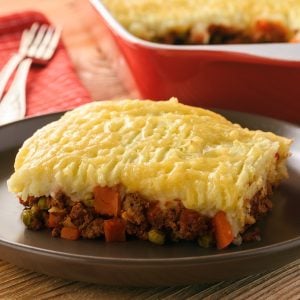
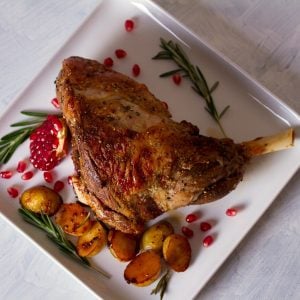
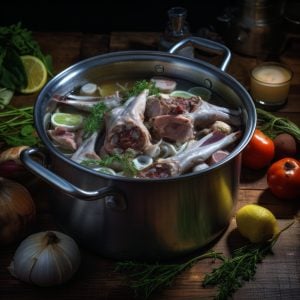


2 Responses
Thank you so much for this. It explains clearly the difference between the shoulder cut in the US vs UK. I was not happy when I bought home my first shoulder from a US supermarket. More bone less meat. (Called square cut). Still a good cut for slow roasting tho.
You are welcome Heather. Thanks for reaching out.